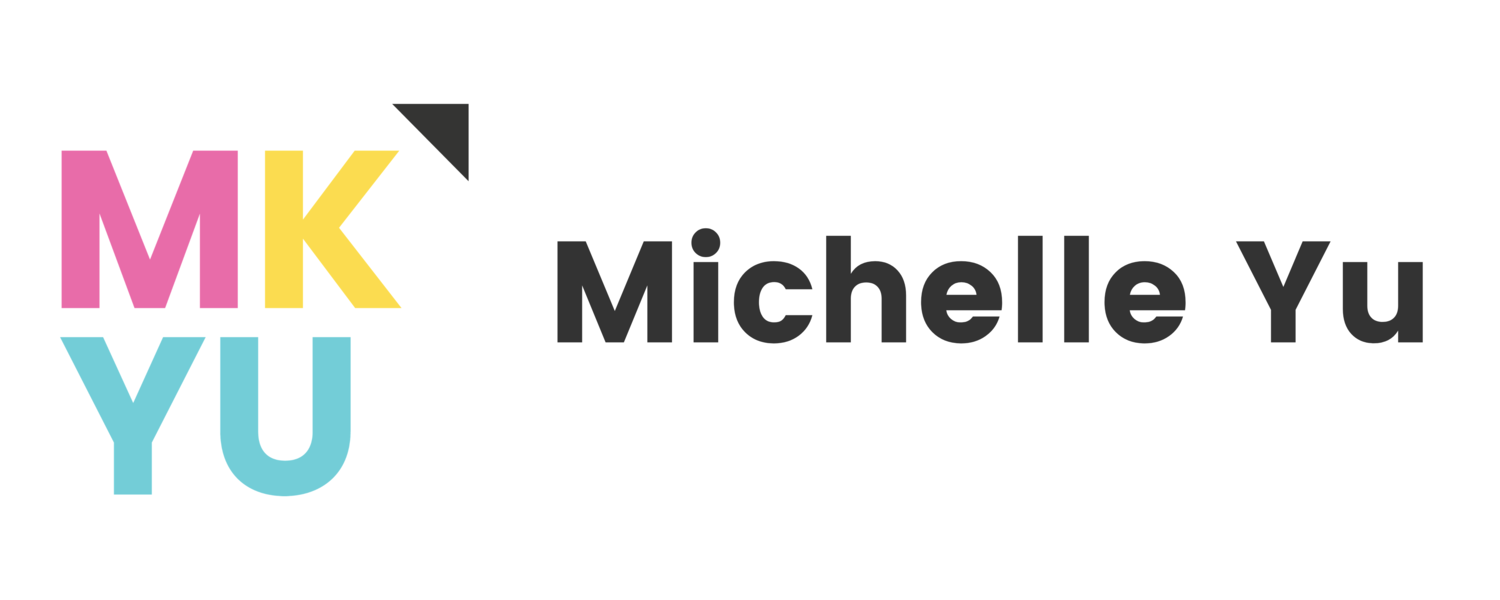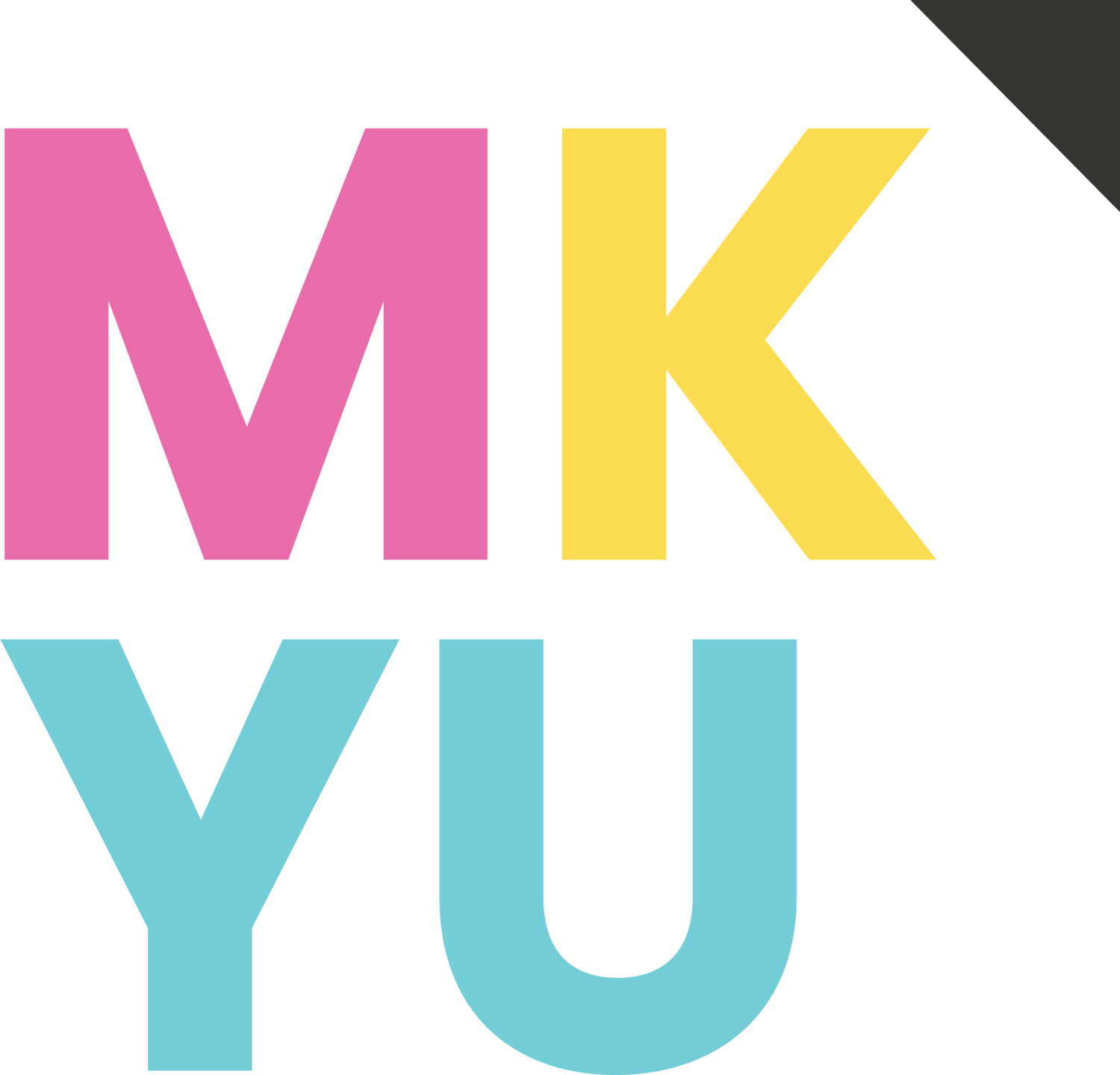What does it mean to scale?
I've been thinking a lot about the definition of 'scaling' - but what does it really mean?
Of course, the definition of scaling will vary from person to person, depending on the size and growth of their existing company. The challenges that a company (and individual) face at a 30 to 100 person company, are very different from a 300 to 1000 sized company, or 1000 to 10,000+. In the last 2 years, I have been privileged (and challenged) with the task of growing our existing organization, tripling the size of our global footprint, doubling the size of our US operations alone. While I'm by no means in anyway an expert and kudos to the countless industry pundits who may be better able to attest to this, I wanted to share a bit more about my personal experience: the more human side of emotions that often get overlooked and silenced due to the fear of vulnerability.
Lesson 1: Scaling means learning to make room for collaboration
I've observed that it's very common nature for employees to feel territorial once a new member joins the team. I have literally heard folks describe the feeling as 'CYA' (cover your ass), "pissing on your territory," or "carving out your space." With employee growth comes natural competition. Will the new hire take over my job and replace me? Will he/she outperform me and set the bar to a higher standard? From my realization, these negative cues and anxieties are oftentimes unconscious insecurities of my own, overall distracting me from doing my best work. Thus, learning when and where to shut that voice down (or use it as motivation) is crucial. Instead of viewing team growth as competition, think of it as another pair of hands there to help with the heavy lifting; another colleague to bounce ideas off of and share best practices with; a potential new 'work bff' who is in the trenches with you that you can complain to and confide in. It's incredible how much more efficient we can become as both individuals and teams when we learn how to properly collaborate with others. Yet, reaching that awareness ('new colleague isn't a treat') is often challenging because it requires utmost consciousness, of being able to dig beneath the emotions and pin exactly where that emotion stems from: fear.
Lesson 2: Scaling means knowing where and when to let your ego down
In viewing growth from an HR and org development perspective, I've been able to see the manager planning and org designs that happen on the backend, which isn't always favorable to the employee. Sometimes managers are looking for new hires because their direct reports have either simply outgrown their roles, hit a plateau, or don't have the right skillsets needed to bring the organization to the next level. Sometimes the hiring manager made a mistake and misinterpreted what he/she thought they initially needed at that time, and since then, responsibilities have changed. Other times, I've seen employees simply burnout from exhaustion and frustration, unable to further perform at his/her peak, given rocket speed is very difficult to sustain over a prolonged period. It's generally a cumulation of several factors that lead to either the 'A students' perceived to be performing at a B level, and/or employee not being a good fit, whether it be burnout, changing responsibilities, poor internal development or culture clashes with the org. And though top performers never want to admit why (or when) it's not working out, I want to say that it's okay, and it's all human nature to feel defensive, and find other outlets to blame. In an ever changing organization, it shouldn't be such a stigma to admit that sometimes we might not have all the answers nor have the best skillset, and that there are people who might be a better fit at that point in time; in fact, these are the times the organization (and our mental health) needs our utmost honesty. Instead of being combative, defensive and bitter, employees facing those negative emotions/thoughts first need to get over those feelings and set aside their pride to understand it's not entirely due to a fault of their own. More importantly, once acknowledging the issue, the employee should re-channel their energy and focus on leveraging their individual strengths, highlighting areas where they can contribute to the greater organization.
Lesson 3: Scaling means continually improving
With scaling comes new challenges, where both hard and soft skills can be learned. At first glance, it seems hard skills are more obviously acquired, such as learning X new technical skill/capability, growing deeper domain expertise, or enlarging network connections, etc. We often forget, or oversee, the softer (introspective) skills that can be acquired, which are equally as crucial to enduring through periods of growth. Whenever I speak with a frustrated employee who is on the brink of resigning, I try to remind them that there's still a lot to be learned during times of trial and suffering, like learning how to be more persistent, patient, tenacious, gritty; learning to take a step back to view the bigger picture/lesson to be learned; learning how to trust your judgement and fight your own battles. Scaling requires growth from a number avenues, oftentimes the frustrating points are the biggest learning opportunities. A lot of times, we put too much emphasis on accomplishments as an end result, and while those are important, we need to remember what we learned and picked up along the journey, both technically and internally.
Lesson 4: Learn to embrace it
Scaling is exhausting. It comes with an endless checklist of tasks to complete, projects to launch, and processes to continually improve on. In addition to all the other emotions (Lessons 1-3 above), there's just so much going on, so much to prioritize and juggle. When does it stop, and how can I be a normal person again? For me, I've learned there are going to be periods of calm, periods of non-stop firefighting, periods of confidence, and periods of 'I'm absolutely terrible at this.' And it doesn't ever really stop, unless you allow it to. While I'm by no means a model citizen about this work-life balance and managing/controlling my emotions entirely (I still need to hold myself accountable), the biggest realization was understanding that this journey is a marathon, not a sprint; work will always be there; be patient with thyself, roll with it; (insert next cliche here). In true growth phases, it probably won't ever slow down or hit "steady state", and thus those expectations need to be managed accordingly. For me personally, once (and only until) I realized that it's not going to stop/slow down until I personally let it, was I able to better allow myself to breathe. So, take that vacation that you deserve but have been putting off and fully unplug, because those holidays are critical to letting you reenergize and continue running the long race.
In general, I wish that organizations would take the time to stop and address these phases and emotions more openly. Most often we're so busy scaling an organization and constantly firefighting, we forget to take a step back and think about the bigger picture - what's the root cause of the uneasiness I feel in this ever-changing organization? How can I use and control those feelings to make me the best employee I can be?
I spoke about this topic with Jonathan Westover from Human Capital Innovations on a podcast, listen here
If this article resonates with you, I'd love to hear from you! Leave a comment or message me directly.

